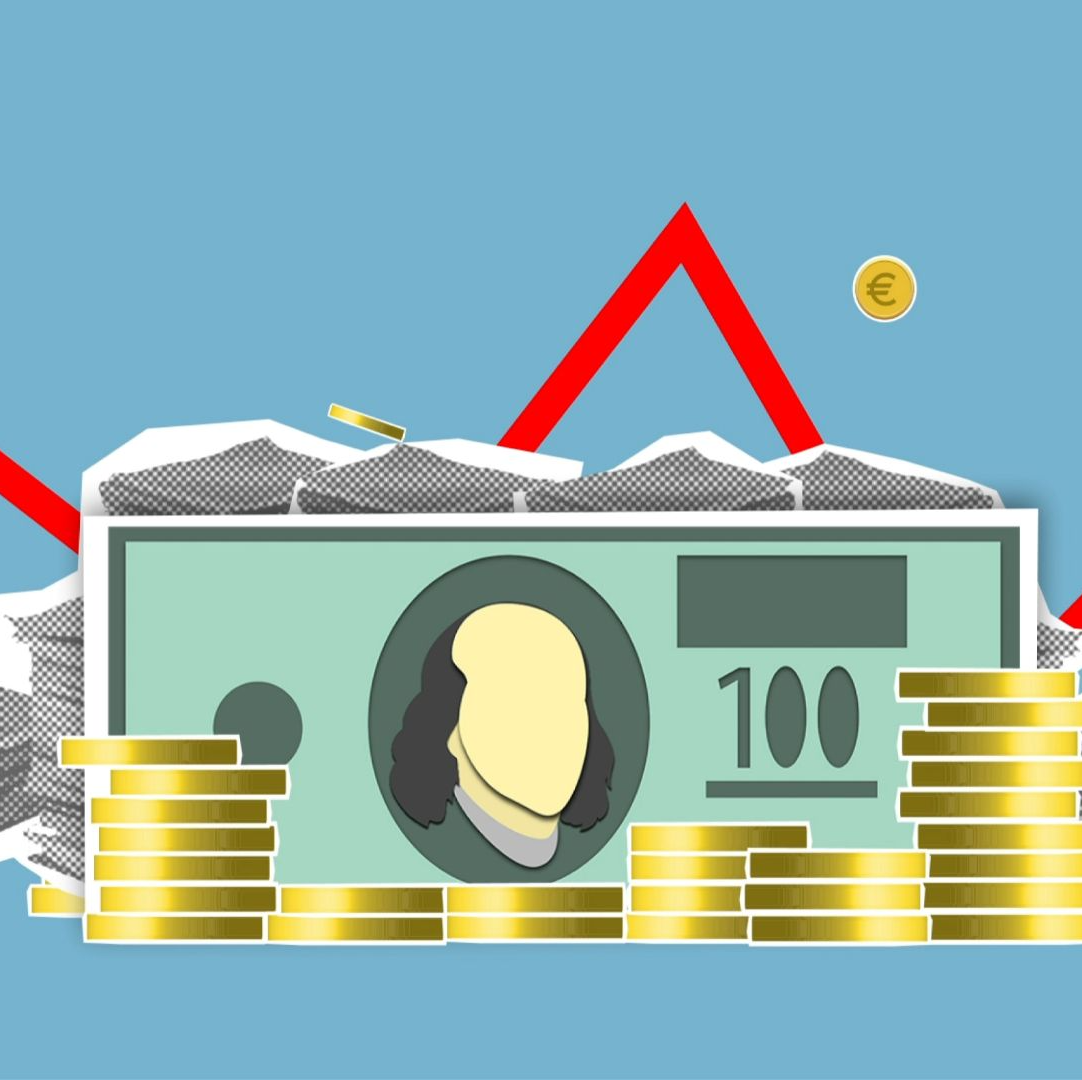Just like during your investing years, there can be many retirement risks for which you should plan. Unfortunately, in retirement, there are no do overs. So, without a good solid plan in place one that takes various risks into consideration it could have a negative impact on your lifestyle.One of the best ways to conquer financial risks is to anticipate where and when they could occur, and how you will reduce or eliminate them. This can help you to remain on track financially. But it can also assist you in other ways, too, like stress reduction, and even increased happiness because rather than worrying about running out of money in retirement, you will be able to focus on other things, like spending time and doing things with the people you love and care about.Some of the key risks you could face financially in retirement include:
- Longevity / Living Too Long
- Healthcare and Long-Term Care Expenses
- Inflation
- Emergencies / Unexpected Expenses
- Market Volatility / Investment Losses
But these arent the only financial dangers that could be lurking. So, it is essential to be aware of other risks and to plan ahead for them, as well. Additional Retirement Risks You Should Plan ForWhen developing your retirement plan, it is important that you cover all of the bases, so that you arent blindsided by unexpected financial setbacks. Therefore, some additional retirement risks that you should plan for include low interest rates, reinvestment risk, sequence (or order) of returns risk, taxes, and fraud which includes the rapidly rising and financially devastating act of identity theft. 6. Low Interest RatesLow interest rates can be dangerous to your retirement even though fixed investments typically dont drop in value during a stock market crash. Unfortunately, this can give people a false sense of security.What isnt often realized is that while there are no paper losses on financial vehicles like CDs (certificates of deposit), the low rate of return can cause a loss in purchasing power. Therefore, as the prices of the goods and services you need continue to rise, the amount of items you can purchase will fall. And eventually, this could cause a significant downgrade in your lifestyle.Further, if loss of purchasing power is combined with an emergency expense like having to fix a leaky roof or repair a vehicle following a fender-bender it can compound the financial impact even further. 7. Reinvestment RiskAnother financial danger in retirement is reinvestment risk. Oftentimes, retirees will place money in fixed financial vehicles like bonds and CDs where funds are locked in for a set period of time.But, while this can be a benefit when interest rates are rising, it is a drawback if rates are going up. Thats because funds that could be invested into higher return vehicles will typically be hit with an early withdrawal penalty if it is taken from the current investment before it has reached maturity.On the other hand, if funds are locked in at a high rate of interest, and rates fall in the future, when the time comes to reinvest that money, it will earn less in the future. As an example, Jack had $30,000 invested in a CD that was paying 2.5% per year. This equated to $750 in interest from this one investment.When the CD matured, though, interest rates had fallen dramatically. In fact, if he were to roll the $30,000 into a new CD, he would only generate 0.3% – for a total of just $90 in interest, and a decrease of $660 per year in interest. If Jack was depending primarily on income from that CD, he would have to drastically cut back on his spending, given the significant loss in return. 8. Sequence / Order of Returns RiskSequence, or order, of returns is a risk that many people are not aware of but that can have a big impact on how long your money lasts in retirement. This has to do with when investors receive a return.As an example, if Investor #1 and Investor #2 each place $100,000 into an account that generates an average return of 7% over a three-year period, why is it that one of them will deplete their portfolio six years earlier than the other?It all has to do with when returns are received.In this case, each investor withdraws 9% for retirement income purposes. They also each earn 7% in Year 1. However, even though both investors receive returns of -13% and +27%, one of them receives the negative return in Year 2, while the other does not incur the loss until Year 3. And this alone leads Investor #1 to deplete his portfolio six years sooner than Investor #2 with all other factors being equal. Sequence of Returns Year 1 Year 2 Year 3 Ave. Return Years Until Depleted +7% -13% +27% +7% 18 +7% +27% -13% +7% 24 Source: Government Accountability Office, June 2011 With that in mind, your average returns may not necessarily mean that your money is safe or that your retirement income wont dry up while it is still needed. 9. TaxesYet another key retirement risk is taxes. While many people take advantage of tax-deferred growth in traditional IRAs and 401(k), these funds will all be taxed as ordinary income when they are withdrawn.This risk can be particularly tricky because nobody knows what future income tax rates will be. However, given our low interest rate environment over the past decade or so, it is likely that tax rates will eventually go up.Since the year 1913, the top federal income tax rate has been in excess of 70% forty-nine times and there is no guarantee that it wont be in that range again in the future. Therefore, taking advantage of tax-advantaged accounts like the Roth IRA is an essential component of keeping your retirement income safe. Top Federal Income Tax Rates 1913 2020 Year Rate Year Rate 2018-2020 37 1950 84.36 2013-2017 39.6 1948-1949 82.13 2003-2012 35 1946-1947 86.45 2002 38.6 1944-1945 94 2001 39.1 1942-1943 88 1993-2000 39.6 1941 81 1991-1992 31 1940 81.1 1988-1990 28 1936-1939 79 1987 38.5 1932-1935 63 1982-1986 50 1930-1931 25 1981 69.125 1929 24 1971-1980 70 1925-1928 25 1970 71.75 1924 46 1969 77 1923 43.5 1968 75.25 1922 58 1965-1967 70 1919-1921 73 1964 77 1918 77 1954-1963 91 1917 67 1952-1953 92 1916 15 1951 91 1913-1915 7 Source: Inside Gov (http://federal-tax-rates.insidegov.com/) 10. Financial Scams / FraudFinancial scams and fraud tend to be a big risk especially for retirees. There are a whole host of situations where scammers can separate innocent victims from their money. These include fraud that is related to Medicare, Social Security, and investing, along with identity theft. With that in mind, keeping your personal information including passwords for your email and online account is imperative. Are You Protected from Financial Risks in Retirement?While growing your money is an important part of planning for retirement, keeping it safe is also a key element. Therefore, it is necessary that you are aware of the many risks that could occur in retirement.Working with a retirement income specialist is a viable way to ensure that your money and your retirement are more protected.












